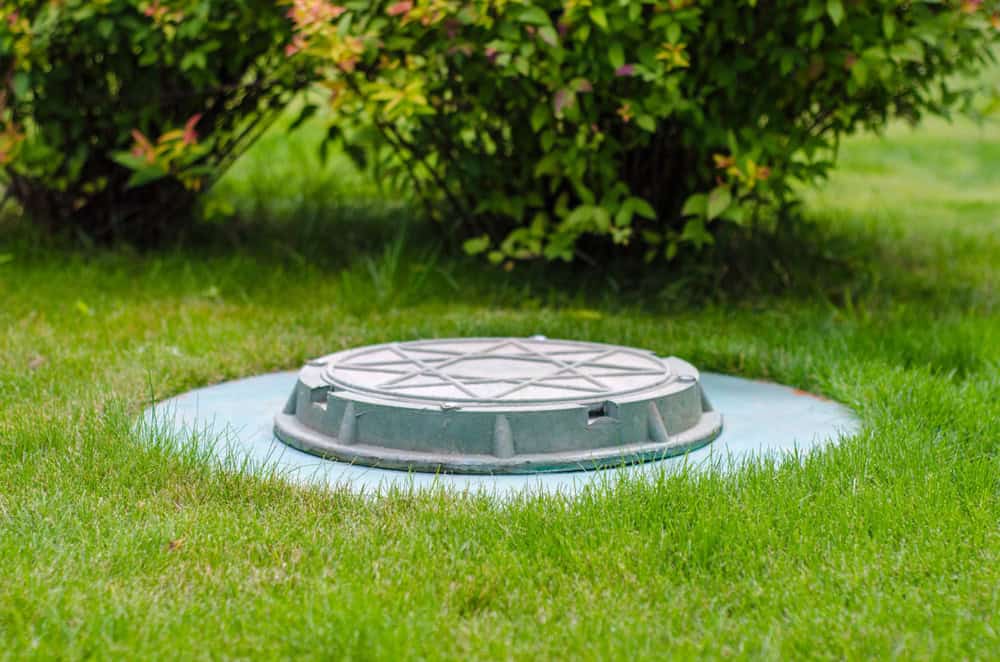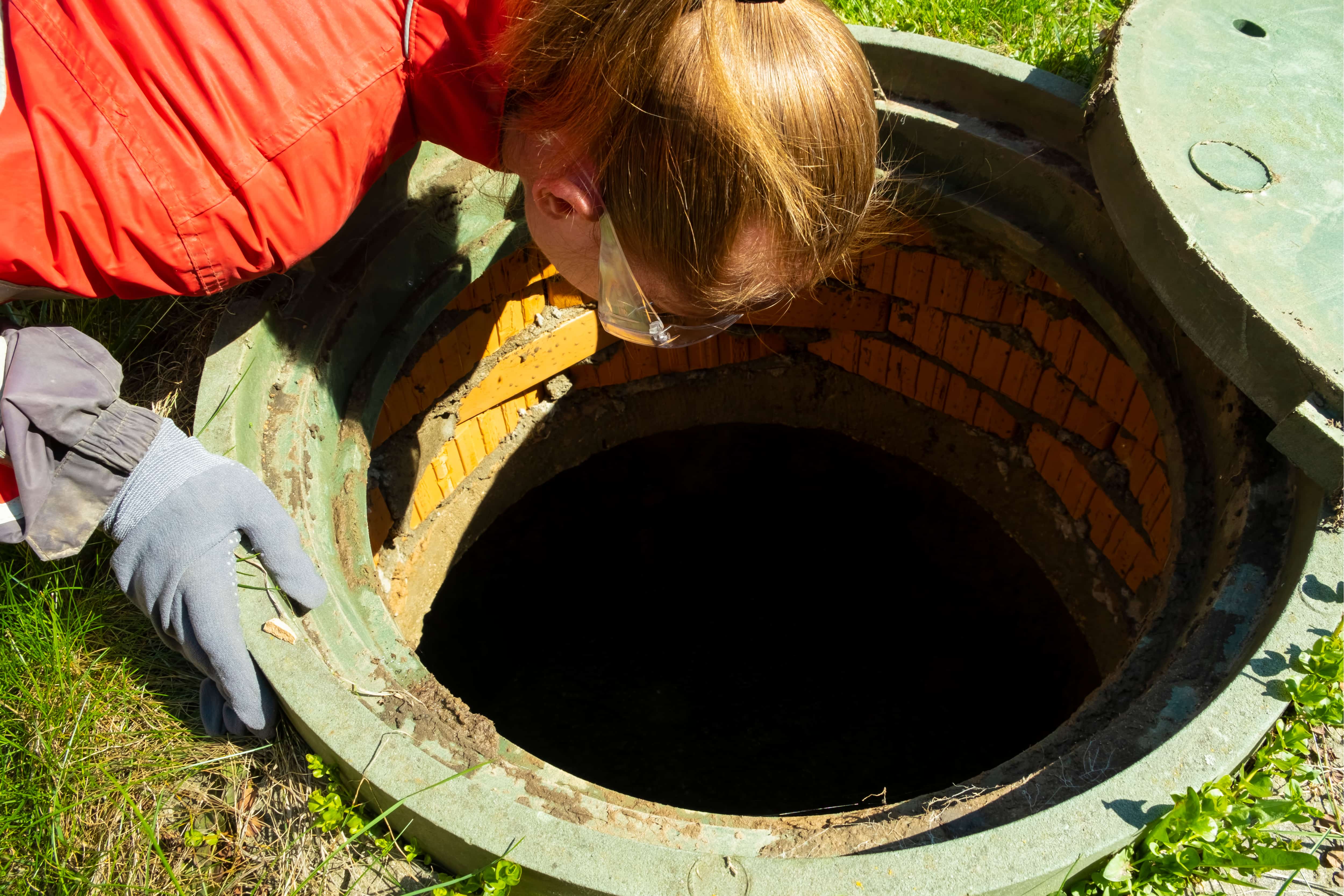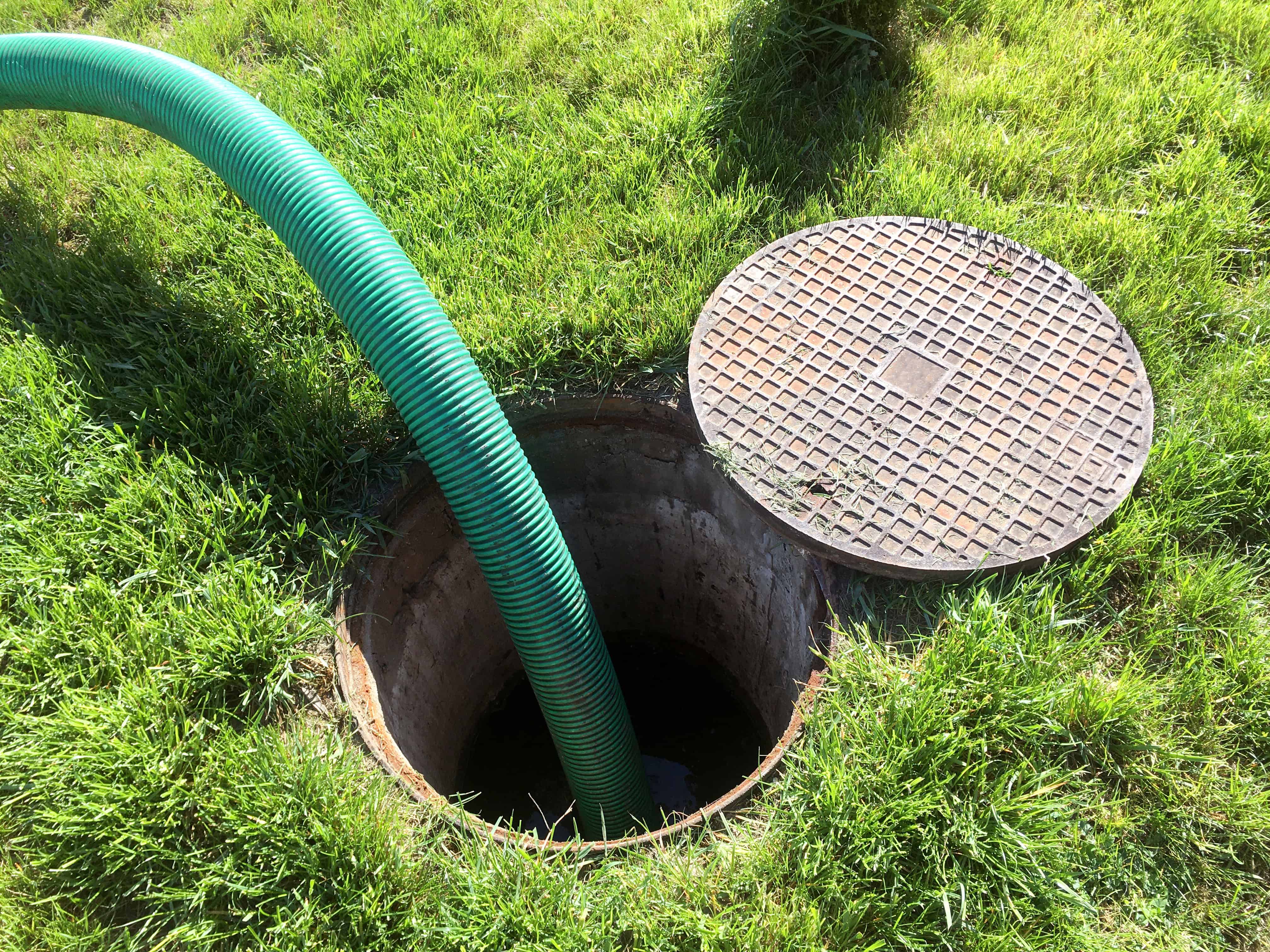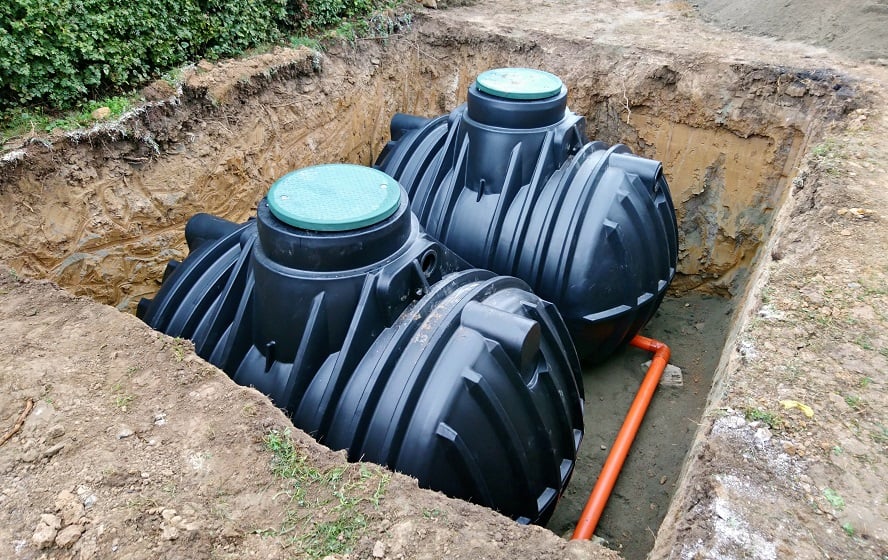Summary:
How Cesspools Work and Function
A cesspool is essentially an underground holding tank that collects all wastewater from your home. Unlike more complex systems, cesspools operate on a simple principle: waste enters the tank, solids settle to the bottom, and liquid gradually seeps into the surrounding soil through porous walls.
This straightforward design made cesspools popular in older Long Island homes. The system requires no mechanical components or complex filtration processes. However, this simplicity comes with significant drawbacks that have led to regulatory changes across Nassau and Suffolk Counties.
Cesspool Maintenance Requirements and Costs
Cesspools demand frequent attention due to their basic design. Most Long Island cesspools need pumping every 1-2 years, significantly more often than septic systems. The lack of waste separation means solid materials accumulate quickly, reducing the system’s effective capacity.
Maintenance costs add up over time. Regular pumping typically runs $400-700 per service, but emergency calls during backups cost considerably more. The porous walls that allow liquid to escape also permit untreated waste to contaminate surrounding soil and groundwater.
Property owners often underestimate the true cost of cesspool ownership. Beyond regular pumping, you’ll face potential soil contamination issues, property damage from overflows, and compliance challenges with evolving environmental regulations. These hidden costs make cesspools expensive to maintain long-term.
The environmental impact creates additional concerns. Cesspools release nitrogen and other contaminants directly into Long Island’s groundwater, contributing to algae blooms and fish kills in local waterways. This environmental damage has prompted stricter regulations limiting cesspool installations and replacements.
Long Island Cesspool Regulations and Restrictions
Suffolk County banned new cesspool installations in July 2019, closing a loophole that previously allowed cesspool replacements. Nassau County has implemented similar restrictions, requiring advanced treatment systems for new construction and major renovations.
Existing cesspools can remain operational but face increasing scrutiny. Contact us today for when replacement becomes necessary, property owners must upgrade to compliant septic systems or advanced treatment technologies. This regulatory shift reflects growing environmental concerns about nitrogen pollution in Long Island’s water supply.
The transition period creates uncertainty for homeowners. While you’re not required to immediately replace a functioning cesspool, any major repairs or system failures trigger upgrade requirements. Understanding these regulations helps you plan for eventual system replacement and associated costs.
Grant programs help offset upgrade expenses. Suffolk County offers up to $10,000 for qualifying replacements, while Nassau County provides up to $20,000 for nitrogen-reducing systems. These incentives make system upgrades more affordable but require meeting specific eligibility criteria and using approved contractors.
How Septic Systems Work and Their Advantages
Septic systems represent a more sophisticated approach to wastewater treatment. These systems separate solid waste from liquids in a sealed tank, then distribute treated effluent through a drain field for soil filtration. This two-stage process significantly reduces environmental contamination compared to cesspools.
The separation process occurs naturally through bacterial action. Solids settle to the tank bottom while oils and grease float to the surface. The middle layer of partially clarified water flows to the drain field, where soil provides final filtration before reaching groundwater.
Septic System Maintenance and Longevity
Septic systems require less frequent maintenance than cesspools, typically needing pumping every 3-5 years depending on household size and usage patterns. The waste separation process means solid accumulation happens more slowly, extending service intervals and reducing maintenance costs.
Proper care extends system lifespan significantly. Regular inspections, appropriate household practices, and timely pumping can keep septic systems functioning for 20-30 years. This longevity makes septic systems more cost-effective despite higher initial installation costs.
The drain field component requires attention but typically lasts decades with proper maintenance. Avoiding excessive water usage, preventing grease and chemical disposal, and maintaining the tank prevent drain field damage that could require expensive replacement.
Professional maintenance includes more than pumping. Qualified technicians inspect baffles, measure sludge levels, and check for structural damage during service visits. This comprehensive approach identifies potential problems before they become costly emergencies, protecting your investment and ensuring continued compliance with local regulations.
Environmental Benefits and Regulatory Compliance
Septic systems provide superior environmental protection compared to cesspools. The treatment process removes significant amounts of nitrogen and other contaminants before effluent reaches groundwater. This protection is crucial for Long Island’s sole-source aquifer that supplies drinking water to millions of residents.
Advanced septic systems offer even greater environmental benefits. Innovative technologies can remove up to 90% of nitrogen from wastewater, addressing the primary concern driving regulatory changes across Nassau and Suffolk Counties. These systems qualify for grant programs and ensure long-term compliance with evolving standards.
The regulatory environment strongly favors septic systems over cesspools. New construction requires advanced treatment systems, while cesspool replacements must meet current septic standards. This regulatory direction makes septic systems the clear choice for property owners planning long-term investments.
Installation costs reflect the system’s complexity but provide better value over time. While septic systems cost more initially, reduced maintenance frequency, longer lifespan, and regulatory compliance create better financial outcomes. Grant programs further improve the economics by offsetting installation expenses for qualifying properties.
Making the Right Choice for Your Long Island Property
The choice between cesspools and septic systems has become clearer with changing regulations and environmental awareness. While cesspools offer lower upfront costs, their frequent maintenance, environmental impact, and regulatory restrictions make them less attractive for Long Island properties.
Septic systems provide better long-term value through reduced maintenance, environmental protection, and regulatory compliance. The initial investment pays dividends through lower operating costs, longer system life, and peace of mind about environmental responsibility.
If you’re facing wastewater system decisions for your Long Island property, professional guidance ensures the best outcome. We bring four generations of expertise to help you navigate regulations, evaluate options, and implement solutions that protect your investment while serving your family’s needs for decades to come.




